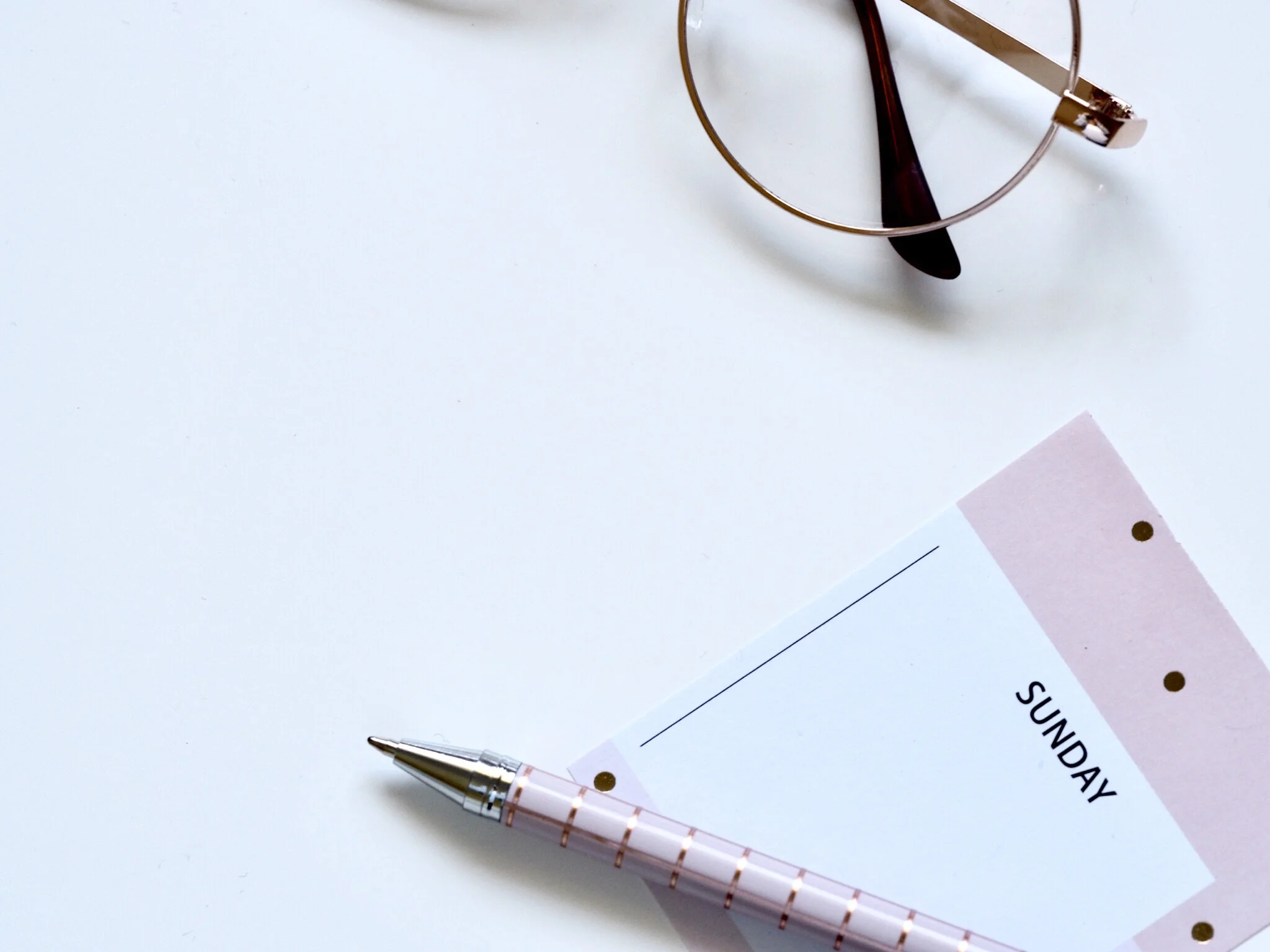Over the weekend, mythical sea creature /(probably) soon-to-be-sanctioned lawyer Sidney Powell announced that she was joining a legal team to aid who she termed “political prisoners” (people who are accused of participating in the January 6 insurrection and are now in jail).
While, okay, everyone deserves a defense, what caught my eye was that this announcement was, of course, attached to a request for donations to Powell’s 501(c)(4). It is not clear whether donations would actually go to some sort of legal defense fund, some other project of the organization, or anywhere else.
This blog isn’t about politics so I’m not going to dive down that rabbit hole (except to remind Ms. Powell that 8.4(c) is a 24/7 law and misleading donors can get her sanctioned just as readily as misleading clients). So instead I’ll talk about crowdfunding legal fees.


















!["Why isn't [Lawyer Villain In the Media] Disbarred Already?"](https://images.squarespace-cdn.com/content/v1/5d93821f16ea12193a39cbf7/1610230956148-Y2U3R0JGBTT4JUUO5FKS/image-asset.jpeg)

